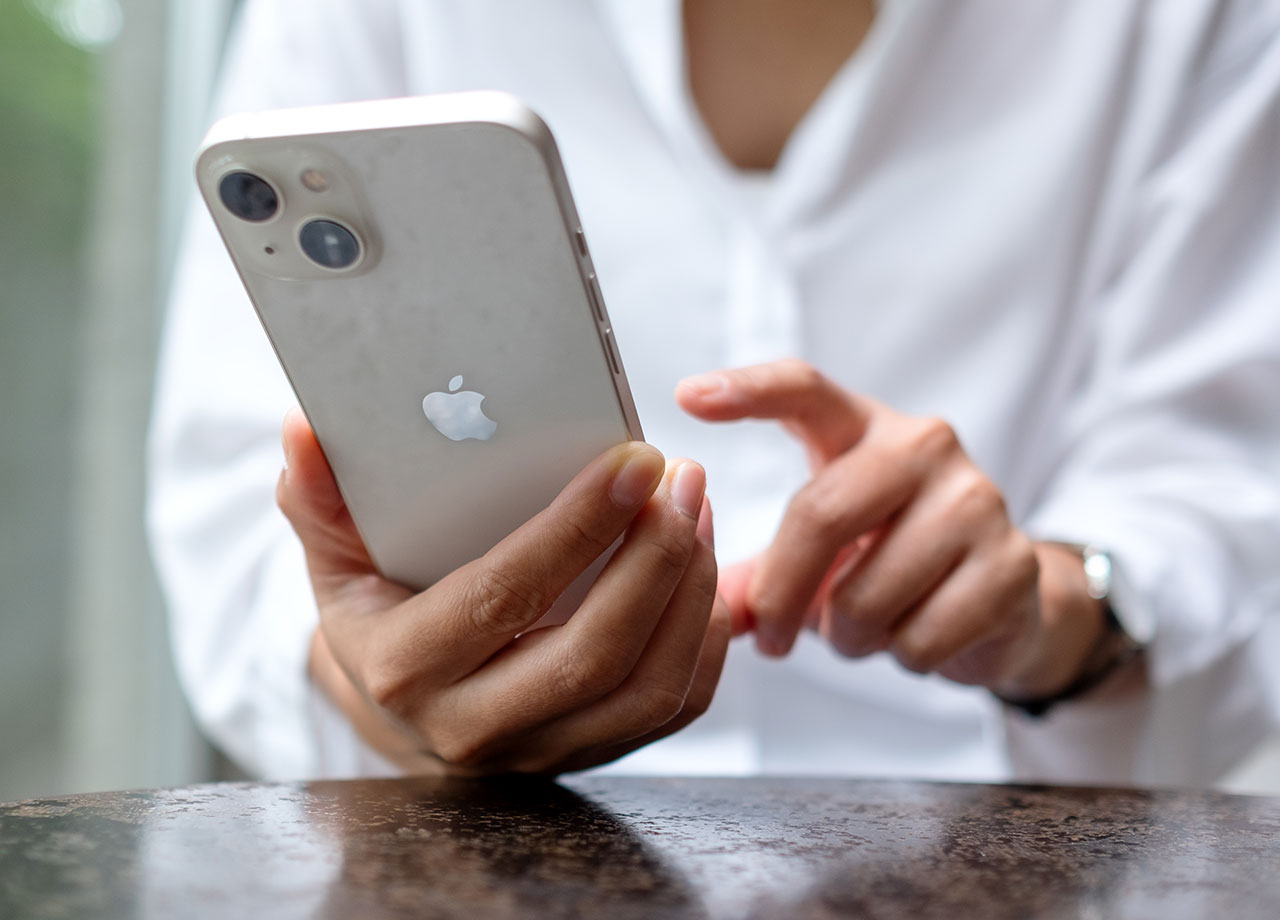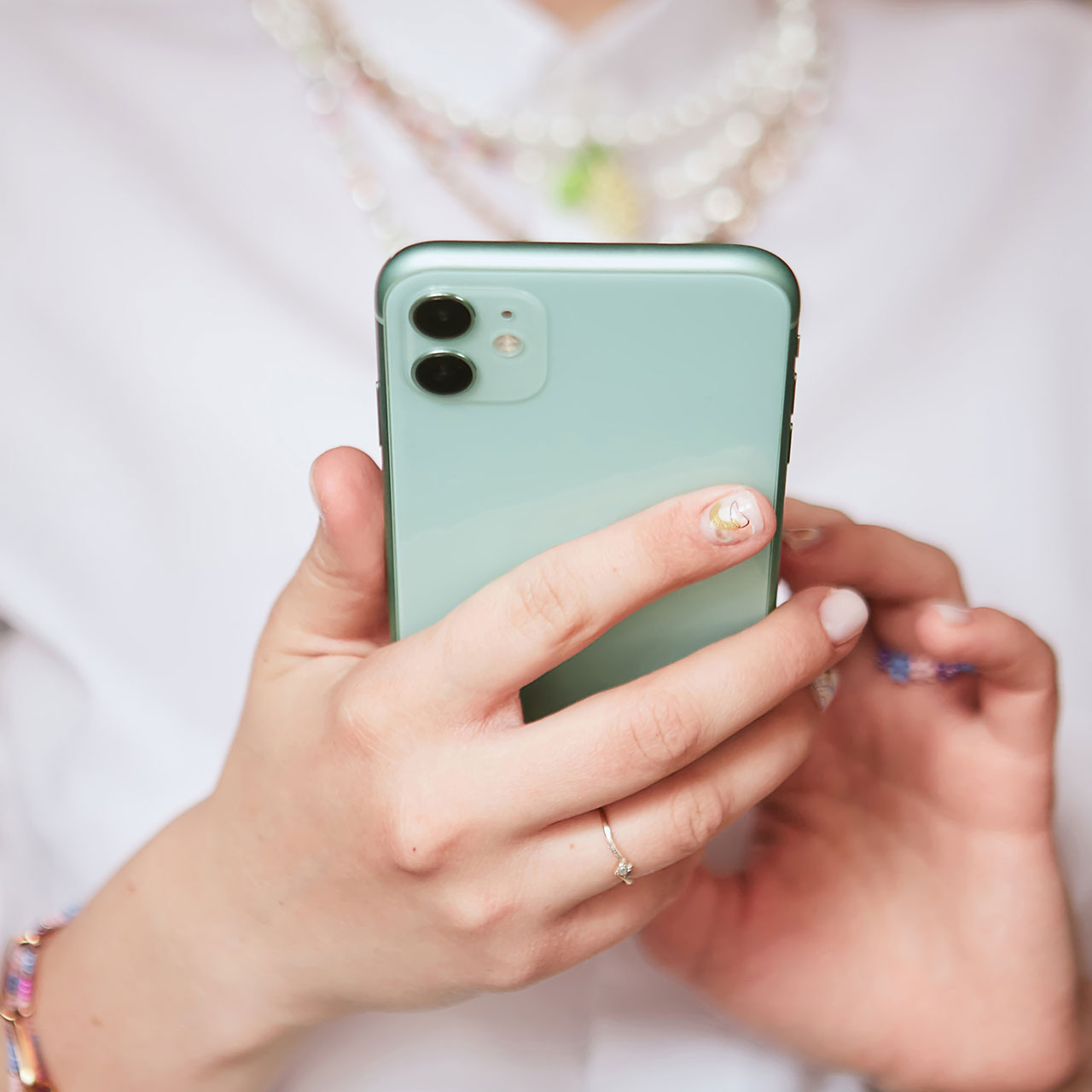You use your iPhone every day, for so many tasks — connecting with friends, keeping on top of schedules, getting directions to different locations, and online shopping and banking. Keeping your iPhone as safe, secure, and private is so important given how much data it collects about you. The thought of getting hacked or getting a virus can be nerve-wracking, but much of it is in your control. Maintaining your phone correctly and in a way that helps you keep your personal information secure and private is the defense you have against an offense like a virus attack. Avoid these seven iPhone setting mistakes that could compromise your privacy and security.
Your Passwords Are Weak
Strong security starts with strong passwords. If you are using passwords that include your name, pet’s name, birthday, and any other information that is super personal and simple to figure out, you aren’t taking the most important initial step to secure your device. Use a password manager to help create truly complex passwords that no one will be able to crack easily,
You Aren’t Using Face or Touch ID
Face and Touch ID are even more secure than passwords because they are truly personal and can’t be cracked easily. Set this up on your phone so that any time you authorize purchases and payments or sign onto third-party apps, your phone requires you to to prove who you are via facial monitoring.


You Don’t Have Find My iPhone Turned On
If your iPhone is stolen, turning on Find My iPhone keeps anyone from activating or using your iPhone. It’s a simple setting feature that you can turn on right now to make a big difference.
You Aren’t Using Two-Factor Authentication
Two-factor authentication is a security setting that prompts apps to ask you for your password and an additional passcode that they send to your email or phone as an added layer of security. But the setting is only useful if you are actually turning it on and using it.
You Aren’t Controlling How Apps Track You
If you allow some apps to do so, they will track every little thing about you, from your contacts to what you search online. It’s important to go into the settings of the apps you frequently use and find out what kind of information they track. From there, take control by enabling or disabling settings for as secure a user experience as possible.

You Are Over-Sharing With Apps
In addition to controlling how your apps track you, taking control over what you share with apps is also important. You could be unknowingly giving away your location, contacts, and even information about your hardware. Always go over your app settings and cut off access to sharing so much personal information with them.
You Don’t Have Mail Privacy Protection Enabled
Keep senders from learning too much about your Mail activity by turning on Mail Privacy Protection, which is a setting that hides your IP address. This not only keeps senders from seeing whether you’ve opened up their email (don’t you just hate that?), but it also prevents them from linking your IP address to other online activity or using it to figure our your location.


























